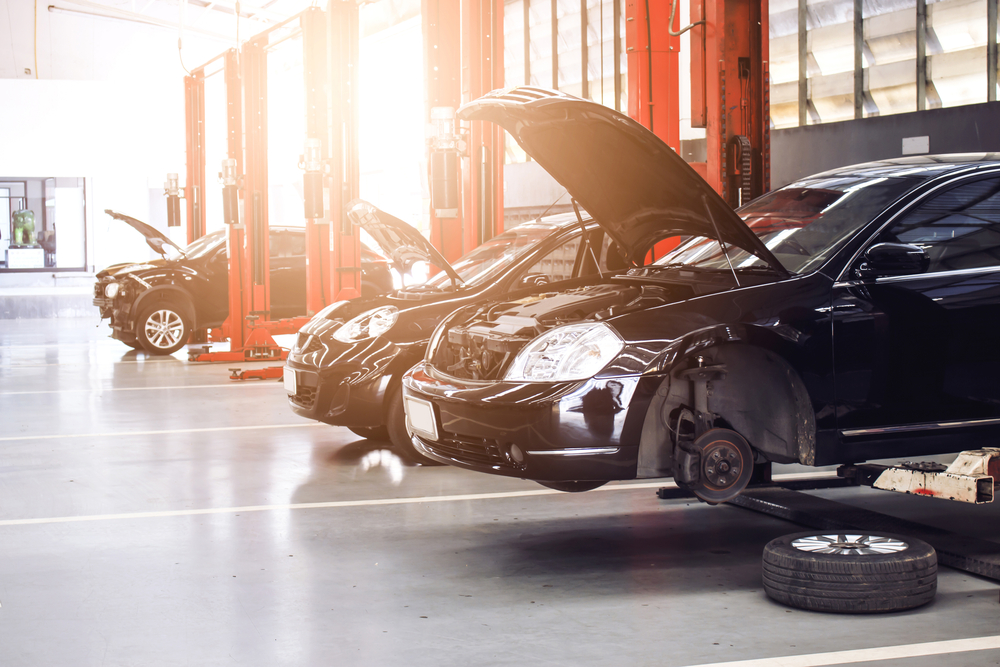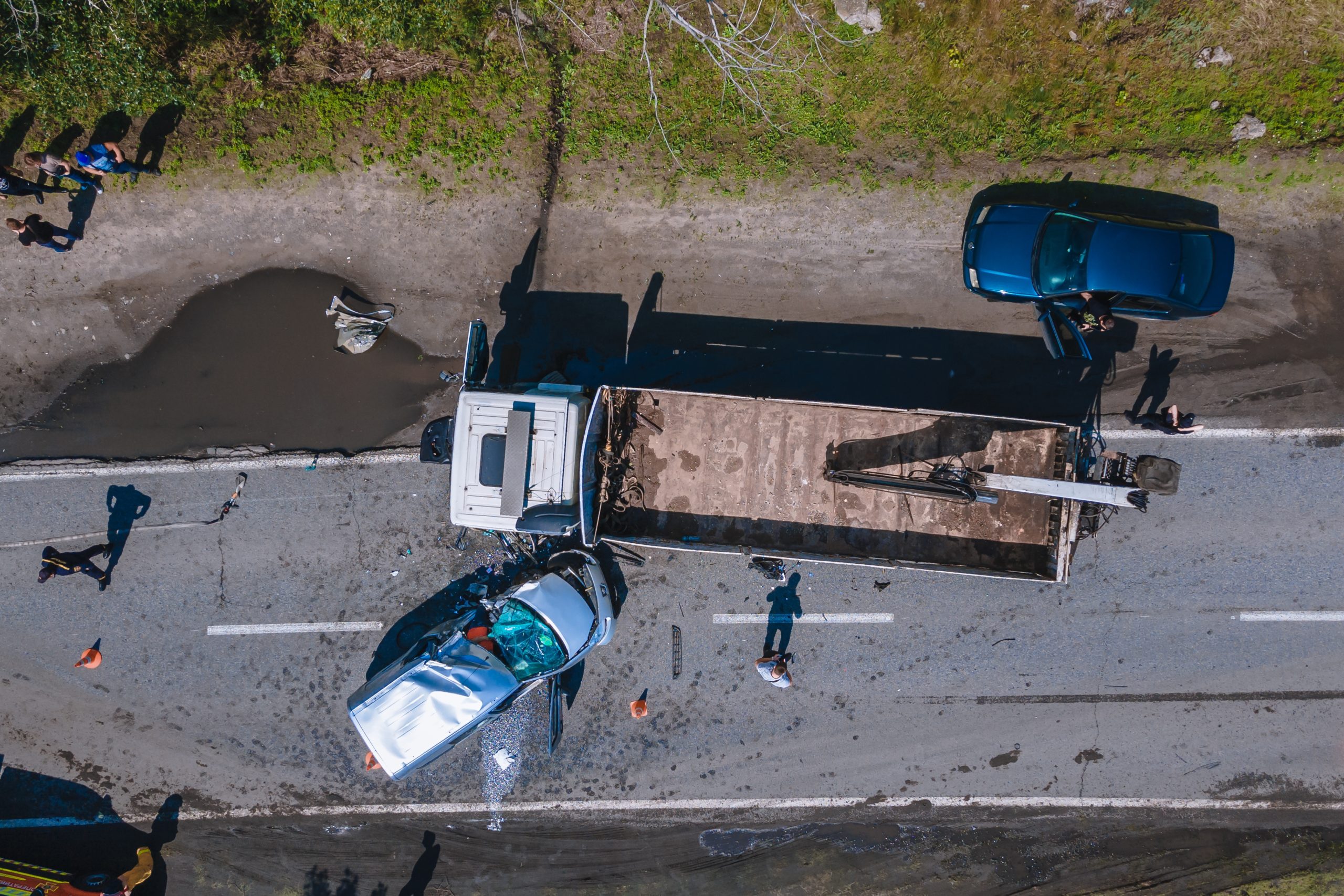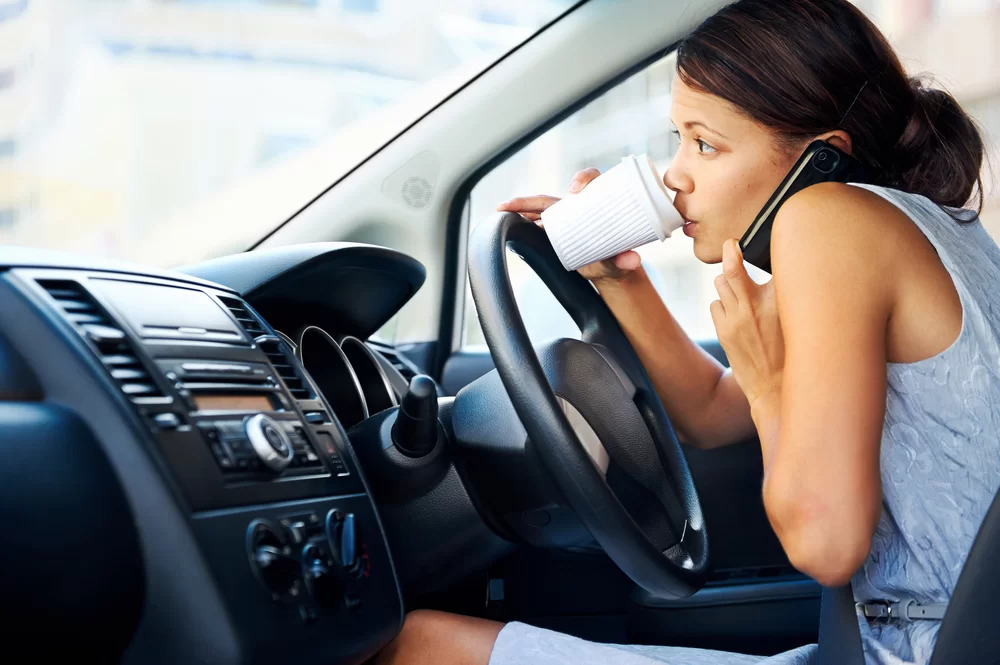Navigating Car Repairs and Insurance After an Accident in Florida
An accident can turn your life upside down in a flash. Navigating the complex pathway of car repairs and insurance claims afterward can be like traversing through a labyrinth. At Tucker Law, we understand the intricacies of Florida's laws, and we are here to be your guiding light in these trying times. Allow us to pave the path to clarity to weathering the storm post-accident in the Sunshine State. Remember, in these instances, it’s always best to not just lawyer up, but Tucker Up. Step 1: Report the Accident In Florida, it is mandatory to report car accidents that result in personal injury, death, or property damage exceeding $500. Reach out to the local police to file a report. Your detailed account of events will serve as a vital tool when negotiating with insurance companies. Step 2: Seek Medical Attention Ensure to seek medical help immediately after the accident, even if your injuries seem minor. Documenting your injuries early can be a crucial aspect when it comes to potential legal claims down the line. Step 3: Document the Damage Take detailed pictures of the damages incurred, capturing different angles and perspectives. Note down the details of the other party involved, including their insurance information, and gather witnesses, if any. Step 4: Report to Your Insurance Company Contact your insurance company to report the accident. Remain factual and stick to the details. It’s recommended to consult an attorney with the firm before making any statements that might affect your claim negatively. Step 5: Estimation of the Damage Before diving into the repairs, get an estimate of the damages. Most insurance companies will require you to get an estimate before they approve the claim. Step 6: Selecting [...]






